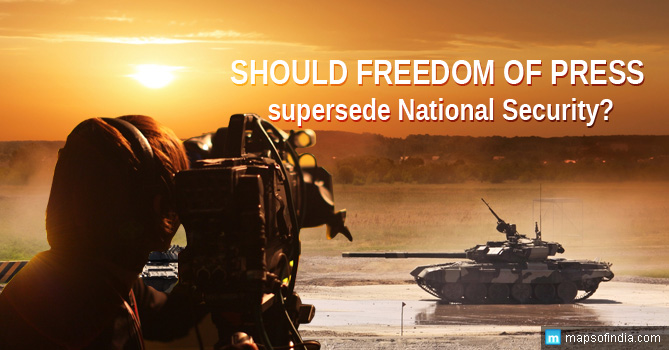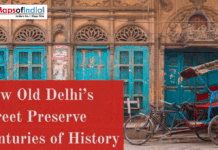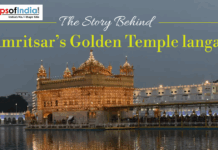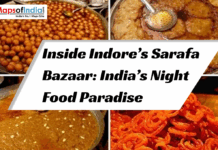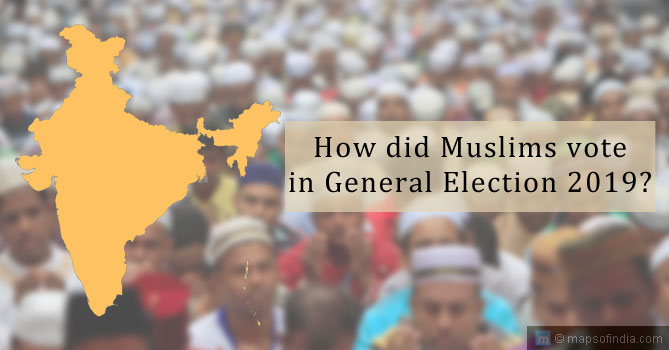The Indian government has banned NDTV India (Hindi channel) for one day for having aired live footage during terrorist attack on the Air Force station in Pathankot. The reason given for the ban is that the channel’s ‘live’ coverage threatened national security by giving the attackers an advantage, since they were being fed live feedback through phone by their handlers from across the border.
The expected reaction has been almost immediate and vociferous, with NDTV crying foul, claiming the move was an attack on the freedom of the press and reminiscent of the Emergency during the mid-70s.
The Editors’ Guild and the Broadcast Editors’ Association have closed ranks in condemning the government move, stating it was a direct attack on the freedom of the press.
Questions to be asked are: Is this an issue of freedom of the press or one of the national security? Should freedom of the press supersede national security? Is this an issue for the government to decide as to what people should know and what they should not? Is this an issue between the BJP and the collective opposition, all of whom are joining in condemning the government’s move? Is the action taken by the government justified? Is this good for democracy?
These questions are far larger than the one day ban on NDTV India and must be understood for its seriousness and ramification on freedom of media and right to information by the public at large.
Freedom of the press VS. National security
We all understand, recognise and accept the role of an independent media in a vibrant democracy, but that is not the subject of debate here. It is the action of one single channel and the government’s response to it.
Let’s look at the facts and its implications.
On 2nd January, 2016, the Air Force station in Pathankot was attacked by heavily-armed terrorists from across the border who took up positions within the complex. They held off the Indian security forces for well over 17 hours and the operation was finally declared over on 5th January, with all five attackers being killed.
Six Indian soldiers died during the attack. Six precious lives that should matter to us but apparently do not. Between 2nd January and 5th January, the terrorists were in touch with their handlers, getting live updates on the action in India. The information was available in the public domain as NDTV India-Hindi channel was broadcasting the action ‘live’.
So, at this point, do we discuss the impact of NDTV’s direct broadcast on the overall operation or do we discuss the necessity of people’s need to watch the drama ‘live’ in the comfort of their drawing rooms, with hot coffee, remember it was January after all. All this, while the soldiers were out there in bitter cold and fighting for their lives, some dead some about to die.
The opposition parties are all jumping in to support NDTV’s cause but were they to be in power, would they allow for ‘live’ coverage when security forces under their command were fighting for their lives?
No way! But political hypocrisy was never an issue in India.
Similar story during 26/11
Let us go back to the 26/11 Mumbai attack. A similar situation of siege existed over South Mumbai, when terrorists from across the border were holed-up in Taj Mahal hotel and at the Jewish House, getting ‘live’ updates and instructions from their handlers, who were in turn, watching the action unfold ‘live’ on Indian television.
If the information were to be completely blacked out, as if it were just another day, then the argument about freedom of the press and fundamental right to information was valid.
After the Mumbai attack, the government stated clearly that national security cannot be compromised in favour of the right of common citizens to watch what was happening in ‘real’ time. People can be kept informed WITHOUT the cameras pointing to the operation or live description of the action unfolding. In J&K, all TV channels report ‘live’ on a daily basis without compromising operations as they happen. So why did NDTV deviate from this in Pathankot?
The government has NOT censored coverage nor blacked out reporting of action from public domain, only requested for the ‘live’ broadcast to be filtered.
The argument of ‘threat to democracy’ would be valid were the press to be completely censored, but action has been taken against only one channel for a day. The hurt is more ‘commercial’ than a matter of ‘principle’. Anyone following the ‘principle’ argument needs to visit the house of the six dead soldiers of Pathankot and decipher if they could have been saved, had NDTV not given a direct access to live updates.
Has self-regulation by media worked in India?
In the last decade, there have been around 28 instances where the media has been acted against for not conforming to government guidelines. And these were during UPA I & II. Fashion TV and AXN had continued to air adult content despite government requesting self-regulation.
Action was taken only after they failed to act on government guidelines. So, should we condemn the government for protecting children from getting to view adult content on TV? Sure, the fact that in today’s age of technology information is difficult to contain, but that’s an argument for another day.
Time to introspect
It is time for the Editors’ Guild and the Broadcast Editor’s Association to seriously introspect their protest against the government on the NDTV issue. Press freedom is NOT under threat nor is right to inform people of what is happening in the country, but ‘live’ reporting of security operations is clearly a ‘No’.
Self-regulation by the media is welcome and preferred but when that doesn’t work, any government action thereafter should be a natural and expected consequence.
Read More…
Cho Ramaswamy: The Actor, Journalist, Politician and King Maker


